Mucha Mlingo
| Emotional Intelligence Coach |
| Certified Six Seconds EQ Practitioner |
| Award Winning, International Keynote Speaker |
| Master Facilitator & Trainer |
HI! I'M MUCHA

International, Award Winning Trainer, Moderator and Keynote Speaker
A self-professed Emotional Intelligence Fanatic, I am on a mission to transform Africa, changing hearts + minds, one leader at a time.
I believe that self awareness is a leadership superpower, and I support leaders to develop a deeper understanding of self in order to enhance leadership effectiveness. Emotions are data – signals that give leaders information about themselves and others. I believe that without enough EQ, leaders are probably not picking up these important signals or not seeing how their own emotions “colour” thinking (for good and for ill).
I am passionate about supporting leaders to learn the logic of emotions so they can cultivate a conducive environment for their teams.
As a Six Seconds Certified EQ Practitioner & EQ Coach, I work with organisations to leverage the scientifically-based skill of Emotional Intelligence to ignite a culture movement & drive engagement as well as successfully navigate change - in order to fuel sustainable performance.
I am driven to empower individuals to take ownership of their future by increasing personal effectiveness so that they can achieve their big, hairy, audacious goals
I am the Founder & Lead Changemaker at PTS Africa | The Emotional Intelligence Company. PTS Africa is a boutique, Pan African consultancy firm headquartered in Kenya, that is dedicated to the development to of people. At PTS Africa, people are considered to be a organisation’s most valuable asset – more valuable than the physical office, data and capital.
The success stories at PTS Africa have everything to do with the transformation of behaviour to drive organisational performance. People development, capacity building & employee wellbeing solutions are underpinned by a bedrock of Emotional Intelligence tools & methodologies, fuelled by the ideology that emotions drive people and people drive performance.
In my spare time, I work with teens & young people at church and in the community, mentoring them to develop greater self-efficacy. I also champion a gender-inclusive society as the Chair of the Gender Sector Board at the Kenya Private Sector Alliance (KEPSA), the private sector apex and umbrella body set up in Kenya in 2003, to bring together business community in a single voice to engage and influence public policy.
I am a voracious reader, a budding saxophonist and a novice hiker who loves to spend time with my family in nature.
MY EQ STORY
Book Mucha
Please complete the form below to express your interest.
My Skills

Emotional Intelligence Coach
Are you feeling stuck? Do you find yourself setting goals & failing to achieve them? Do you want to learn how to use your emotions to propel yourself forward? EQ Coaching can help!
Learn More
Training Consultant
IMPACT is my core value. I design & deliver high impact learning interventions geared to drive behaviour change. I am currently delivering this service in person & online
Learn More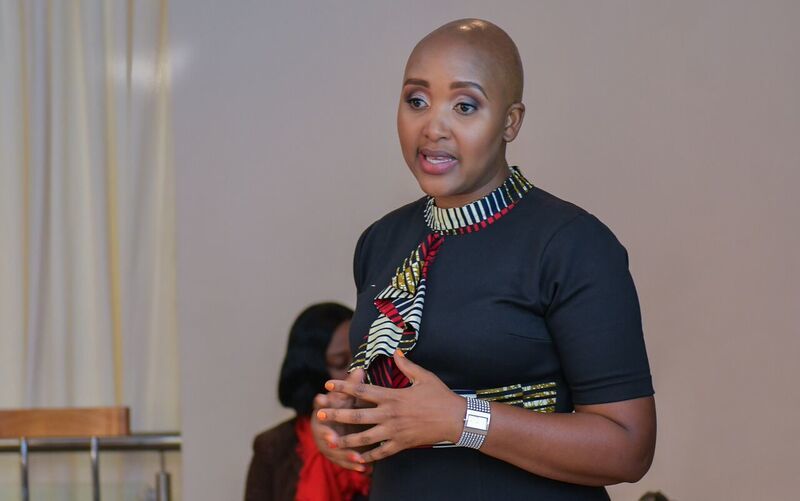
Keynote Speaker: EQ
I am passionate about EQ, a learnable skill that empowers individuals to create the future that they want. I use my speaking skills to share EQ insights that are practical & impactful, empowering audiences with the tools to thrive and successfully navigate the challenges of life
Learn More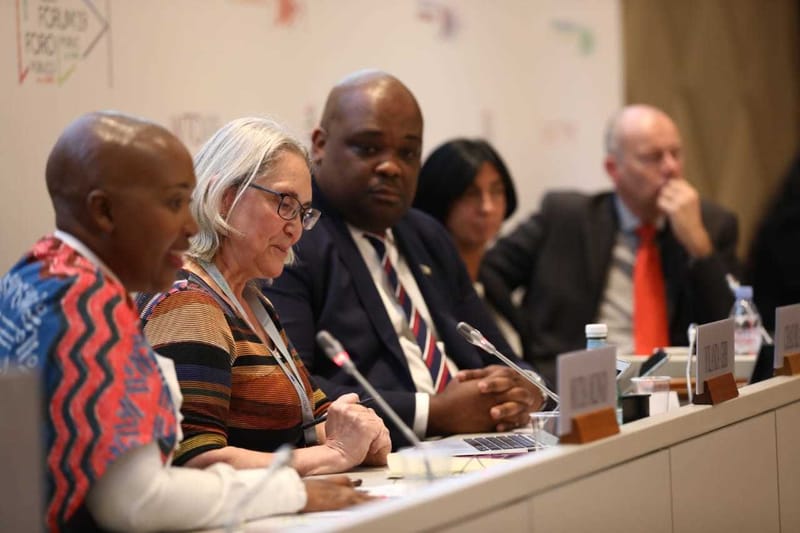
Moderator: Panel Discussion
The perfect event leaves guests wishing for more - an engagement where time flies! I love to bring energy to events & programs, ensuring the maximum engagement of the audience.
Learn MoreCustomers







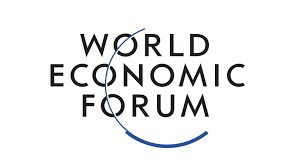
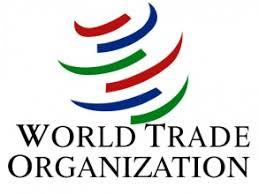
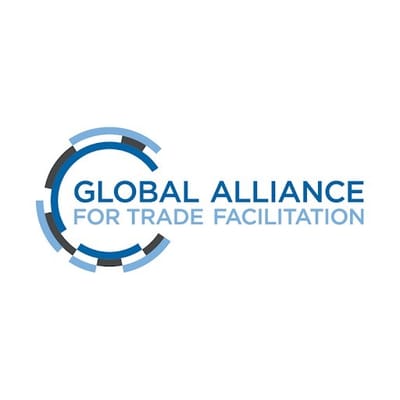




Testimonials
EQ@Work Podcast
Media

TV Interview: Living With Ess (Nation Media)
TV Show #LivingWithEss is a breakfast show that focuses on lifestyle-centred conversations with the host @ThisisEss on NTV in Nairobi, Kenya. In this episode, I talk about what EQ is & why it is important.
Learn More
TV Interview: Let's Create Africa (Metropol TV)
Let's Create Africa is a platform run in collaboration with Metropol TV to inform, inspire, and highlight African changemakers - who are creating positive change and 'trading in hope' within their communities and Africa in general. In this conversation with host, Waihiga Muturi, I share my passion to leverage EQ to transform Africa
Learn More
Article: The Nation Newspaper
In this article - 'Helping Leaders Get In Touch With Their Feelings' - I explore my journey to Emotional Intelligence, and the work we are doing at PTS Africa to ensure that we are East Africa's Premier Emotional Intelligence Consultancy
Learn More
Article: Business Daily
In this article - 'Mucha's Emotional Intelligence Journey' - I was honored to sit down & have a delightful conversation with Jackson Biko. We talked about my EQ journey, and what EQ means to me.
Learn More
